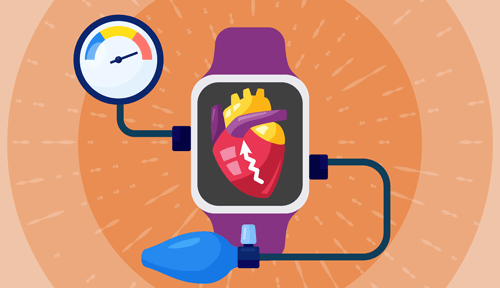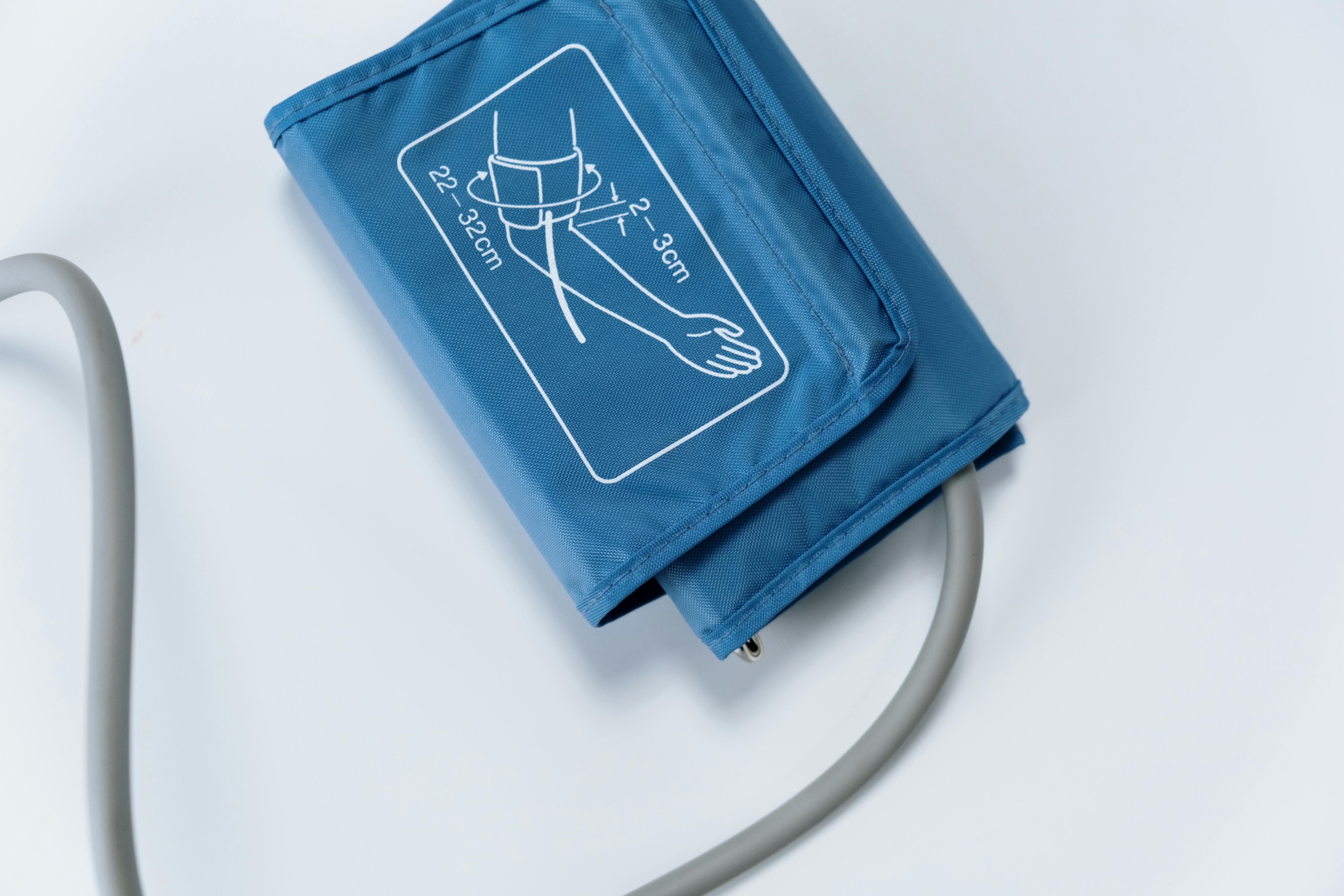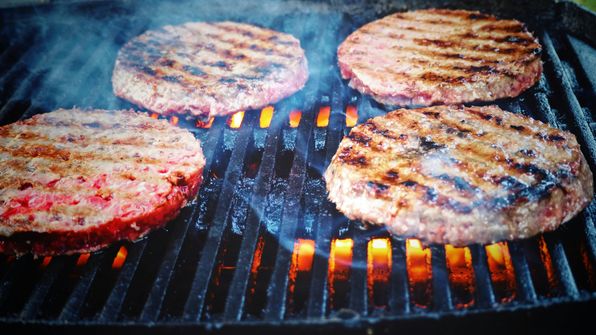
Social Success on the Carnivore Diet: Tips for Staying Committed at Gatherings and Restaurants
Social gatherings often mean a spread of carb-heavy foods and tempting desserts that can make sticking to the carnivore diet feel tricky. But with a b...

Hypertension, or high blood pressure, is a common issue many women face. Balancing it with daily life can be challenging. The carnivore diet, which focuses solely on animal products, has been gaining attention for its potential health benefits.
Let’s dive into how this diet could help manage hypertension with some real-world advice and data.

The carnivore diet is all about meat. Think beef, pork, chicken, fish, eggs, and some dairy. You cut out all plant-based foods like fruits, vegetables, grains, nuts, and seeds. It’s essentially a zero-carb diet focused entirely on animal products.
Managing blood pressure is critical for anyone with hypertension. The carnivore diet eliminates carbs, leading to lower insulin levels and reduced blood pressure.
Fact: A 2021 study involving over 2,000 participants found that those on a carnivore diet reported improvements in their blood pressure levels. This could be due to weight loss and reduced inflammation.
High protein intake can promote feelings of fullness, reducing overall calorie consumption. This can be beneficial for weight management, a crucial factor in controlling hypertension.
Stat: Research from Journal of Obesity & Metabolic Syndrome shows that high-protein diets can lead to significant weight loss and better body composition.
Chronic inflammation is linked to various health issues, including hypertension. The carnivore diet might help reduce inflammation by cutting out processed foods and sugars, known to cause inflammation.
Example: By focusing solely on whole animal foods, you might reduce your intake of inflammatory substances, potentially lowering blood pressure.
One major concern with the carnivore diet is missing out on essential nutrients found in plant-based foods, like vitamin C, potassium, and fiber.
Fact: Vitamin C is crucial for your immune system and overall health but is almost nonexistent in animal products. Similarly, potassium, important for regulating blood pressure, is typically found in fruits and vegetables.
Processed meats often have high sodium levels, which can negatively affect blood pressure. While the diet emphasizes whole, unprocessed meats, you still need to be mindful of sodium intake.
Stat: The American Heart Association recommends keeping sodium intake below 1,500 mg per day for those with hypertension.
Eating a lot of animal fats can raise LDL cholesterol levels, which may be a concern for heart health. Some people on low-carb diets see improved cholesterol profiles, but others might see an increase in LDL cholesterol.
Fact: Studies, including one from The American Journal of Clinical Nutrition, have shown mixed results regarding LDL cholesterol levels in people on high-protein, low-carb diets.

Don’t dive headfirst into the carnivore diet. Gradually reduce your carb intake while increasing protein and fat. This helps your body adjust.
Tip: Start by cutting out processed foods and sugars, then slowly eliminate other carbs.
Choose high-quality, unprocessed meats to minimize sodium intake and ensure you get a broad range of nutrients. Here are some top meat brands in the US:
Regular check-ups and blood tests are crucial to keep track of your cholesterol, blood pressure, and nutrient levels.
Advice: Work closely with your healthcare provider to monitor your progress and adjust your diet as needed.
A meat-heavy diet can affect your electrolyte balance. Drink plenty of water and consider adding bone broth for extra electrolytes.
Tip: Aim for at least 8 cups of water daily and include bone broth in your diet. Kettle & Fire makes a convenient, high-quality bone broth.
Because the carnivore diet can lack certain nutrients, supplements for vitamin C, potassium, and fiber might be necessary.
Supplement Advice: Talk to your doctor about which supplements are right for you. Popular brands include:
The carnivore diet might offer some benefits for women with hypertension, like better blood pressure control, weight loss, and reduced inflammation. However, it also presents challenges like potential nutrient deficiencies and High Sodium Intake.
If you’re considering this diet, take it slow, stay informed, and work with your healthcare provider to ensure it’s safe and effective for you.
A: It can help improve blood pressure control, aid in weight loss, and reduce inflammation, which are beneficial for managing hypertension.
A: Potential risks include nutrient deficiencies, high sodium intake, and increased LDL cholesterol levels.
A: Focus on a variety of nutrient-dense animal products, transition gradually, monitor health markers, and consider supplements.
A: It can be challenging to maintain due to its restrictive nature and social factors. Regular health monitoring and gradual transitions can help.
A: Absolutely. It’s important to ensure the diet fits your health needs and to keep track of your progress with professional guidance.

Social gatherings often mean a spread of carb-heavy foods and tempting desserts that can make sticking to the carnivore diet feel tricky. But with a b...

The carnivore diet is often seen as straightforward: eat meat, keep it simple. But adapting it seasonally can bring freshness, variety, and local flav...

The carnivore diet has become increasingly popular, but like any extreme dietary approach, it raises important questions—especially for women concerne...

The carnivore diet has gained attention globally, but women’s experiences and cultural approaches to animal-based eating vary widely depending on wher...

Living with Chronic Obstructive Pulmonary Disease (COPD) can make everyday activities feel like a marathon, especially for women who are juggling heal...